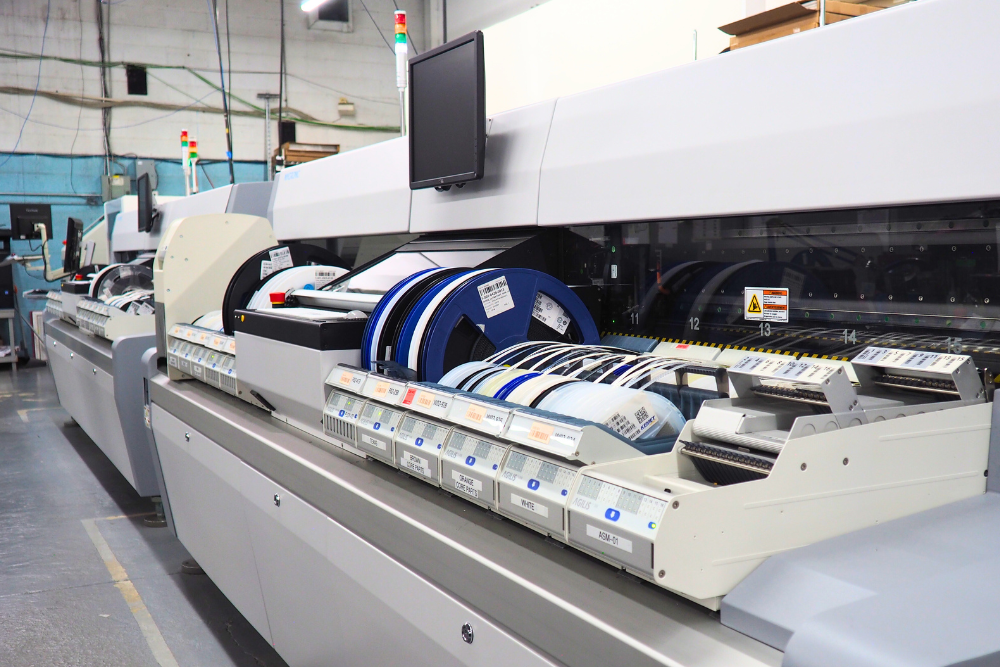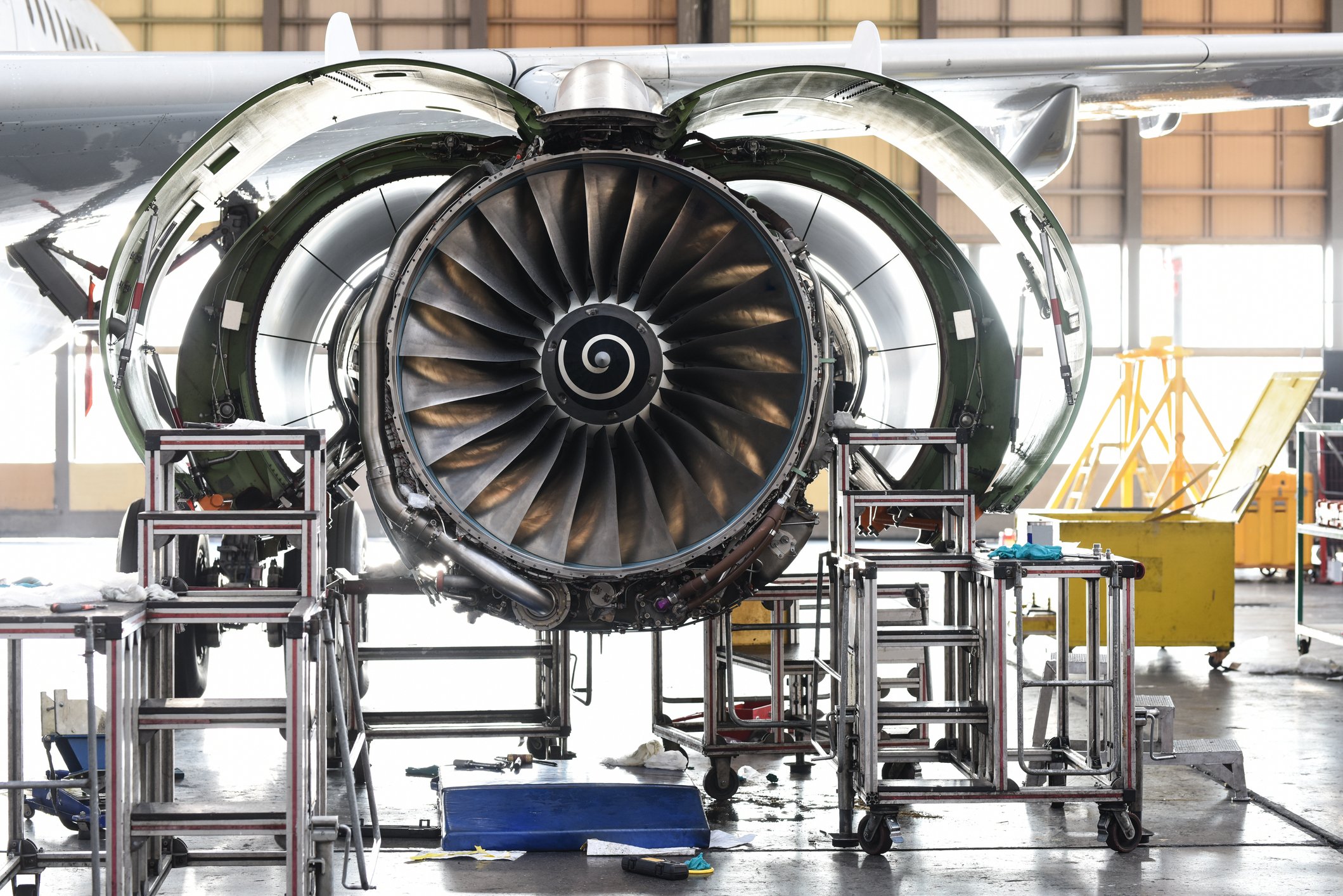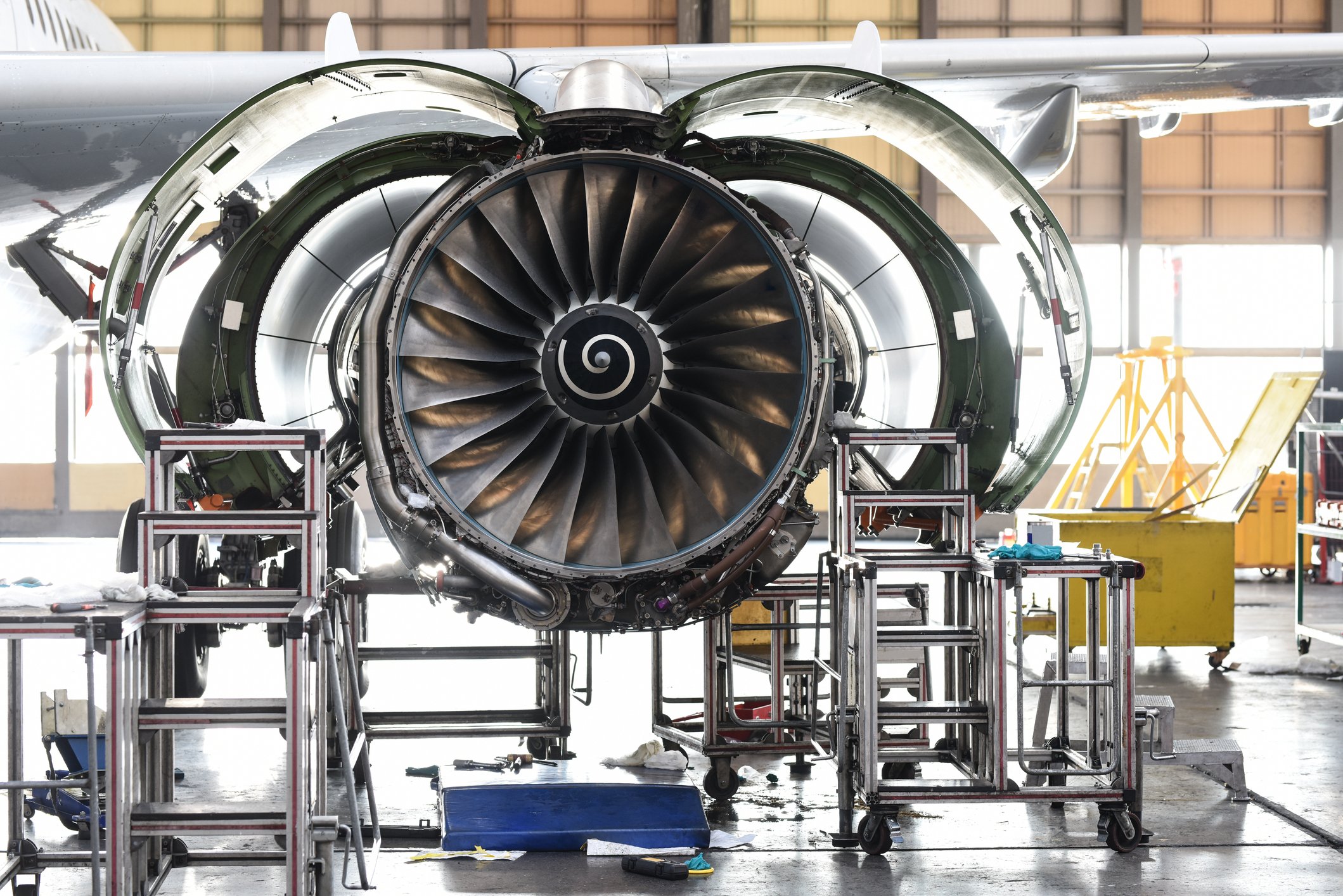TransDigm Group (TDG 2.65%) over the years has been one of the better under-the-radar stocks in the S&P 500, generating a return of more than 1,000% in the last decade making and selling aerospace parts.
The company, a rollup specialist that in recent years has generated software-like margins north of 50%, has come crashing down in recent months as the COVID-19 pandemic has brought a halt to air traffic and sapped demand for plane components. Shares of TransDigm are down 47% since February 15.
TDG 10-year price change data by YCharts.
Back in February, I called TransDigm the first stock I'd recommend to an investor seeking exposure to the commercial aerospace sector. A lot has changed since then. Let's take a look at the company's operations and its outlook to determine if the shares are still a buy today.
The core business is under pressure
TransDigm's management runs the business aiming at private, equity-like returns from a publicly traded entity: doing a lot of deals, taking on a lot of debt, and offering a wide range of hard-to-find parts that go on a number of commercial and defense platforms.
The entire commercial aerospace sector has come under fire due to the pandemic, and TransDigm has made it clear it expects a sustained impact. In early April, the company said it was cutting its overall workforce by 15%, saying it is "beginning to see significant decreases in demand" and expects that to continue for long enough that a downsizing is necessary.
TransDigm has been under particular pressure because of the company's 2019 acquisition of Esterline, which was seen as a "fixer-upper" business that added significant debt to its balance sheet. TransDigm today is potentially heading into a recession with net debt at about six times EBITDA.

Image source: Getty Images.
The company historically has been able to generate premium margins because it manufactures difficult-to-engineer products that don't have a mass market to justify knock-off competition. Airlines are willing to pay premium prices for these parts in the aftermarket when they are needed.
With fewer planes flying, TransDigm's aftermarket business is going to take a major hit. Airlines are likely going to permanently ground a lot of older, less fuel-efficient planes, models that had a lot of the tough-to-source spare parts TransDigm specializes in. That's going to hurt, because aftermarket generates an estimated three-quarters of TransDigm's EBITDA, and a majority of that business is commercial, not military.
TransDigm has already come under fire for its defense margins and has little room to raise prices there. So, the company has little wiggle room if there is no demand from commercial customers.
A prolonged recovery
Some of the layoffs TransDigm announced earlier this month could have been inevitable -- the result of the company fully integrating the Esterline deal and pushing to be more efficient, perhaps. Still, investors should interpret the move as management saying it does not expect a quick turnaround. I think it will take two to five years for airlines to return to pre-pandemic sizes, and commercial aerospace is likely to struggle until its customers are ready to grow.
Despite its substantial debt, TransDigm should be able to weather the storm. The company has no debt maturities until 2024, and only modest maturities before 2026.
While new plane sales could remain under pressure for a number of years, aftermarket demand is more likely to rebound in step with airlines ramping up their schedules as carriers will want to use the planes they have instead of buying new ones. So, while the aftermarket plunge has likely been steep, it could also bounce back faster than new plane sales.
TransDigm doesn't pay a regular dividend, but it has routinely declared one-time payouts based on business conditions. Shareholders received $62.50 per share in dividends between August 2019 and January 2020, for example. As recently as February, the company expected to have more than $3 billion in cash on hand by the end of its current fiscal year -- and perhaps an additional $1.5 billion in borrowing power -- to either do deals or pay additional dividends.
But the company now seems much more likely to sit on its cash than to deploy it, and I would not expect a dividend in calendar 2020. Even if TransDigm management feels comfortable enough with its balance sheet to deploy capital, I'd wager there will be some attractive assets for sale given the issues in the commercial market.
Is TransDigm a buy?
TransDigm does have a defense business it can fall back on to some extent, but it has been commercial, and in particular the commercial aftermarket, where this company has really made its mark. Until that comes back, there is little the company can do other than ride out the storm.
Given the significant number of stocks dragged down by the pandemic, including more defense-focused companies, and the likely slow recovery of the aviation market, I wouldn't be in any hurry to commit fresh funds to any commercial aerospace supplier.
However, TransDigm is a best-of-breed company that's well-positioned to thrive once travel returns. I'm holding onto my shares. And for those with a desire to invest in commercial aerospace today -- and who are willing to wait out the cycle -- TransDigm is still among the top buys in the sector.







